Panoramic Photo Above:
Wrigley Field, Chicago

Baseball History Comes Alive Now Ranked As a Top Five Website by Feedspot Among All Baseball History Websites and Blogs!
(Check out Feedspot's list of the Top 35 Baseball History websites and blogs)
Guest Submissions from Our Readers Always Welcome! Click for details
Scroll Down to Read Today’s Essay
Subscribe to Baseball History Comes Alive for automatic updates.
As a Free Bonus, you’ll get access to my Special Report: Gary’s Handy Dandy World Series Reference Guide!
Hack Wilson Photo Gallery
Hack Wilson Sets RBI Record 94 years Ago Today!
“Hung over, yes, many times…drunk, no.” -Hack Wilson, when asked if he ever played drunk.
“He was built like a beer keg…and was not unfamiliar with its contents!” -Unknown sportswriter, describing Hack Wilson’s physique.
Reviewing today’s National Pastime Website entries, I learned that today is the 94th anniversary of Hack Wilson setting the major league RBI record. He did it on September 28, 1930, in the Cubs’ season finale against the Reds, a 13-11 Cub victory. In the game, Hack drove in his 189th and 190th runs. The record was revised to 191 in 1999 after baseball historian Jerome Holtzman found a missing RBI in a game played in July 1930.
Hack Wilson’s Hall of Fame Career
Hack Wilson was not one to be denied his cuts, as can be seen in this classic photo below of a vicious swing-and-a-miss. During his playing days, Hack was known to often hit the bottle, and more than once he was accused of playing while severely under the influence. Wilson always insisted he never played drunk, as the quote above attests.
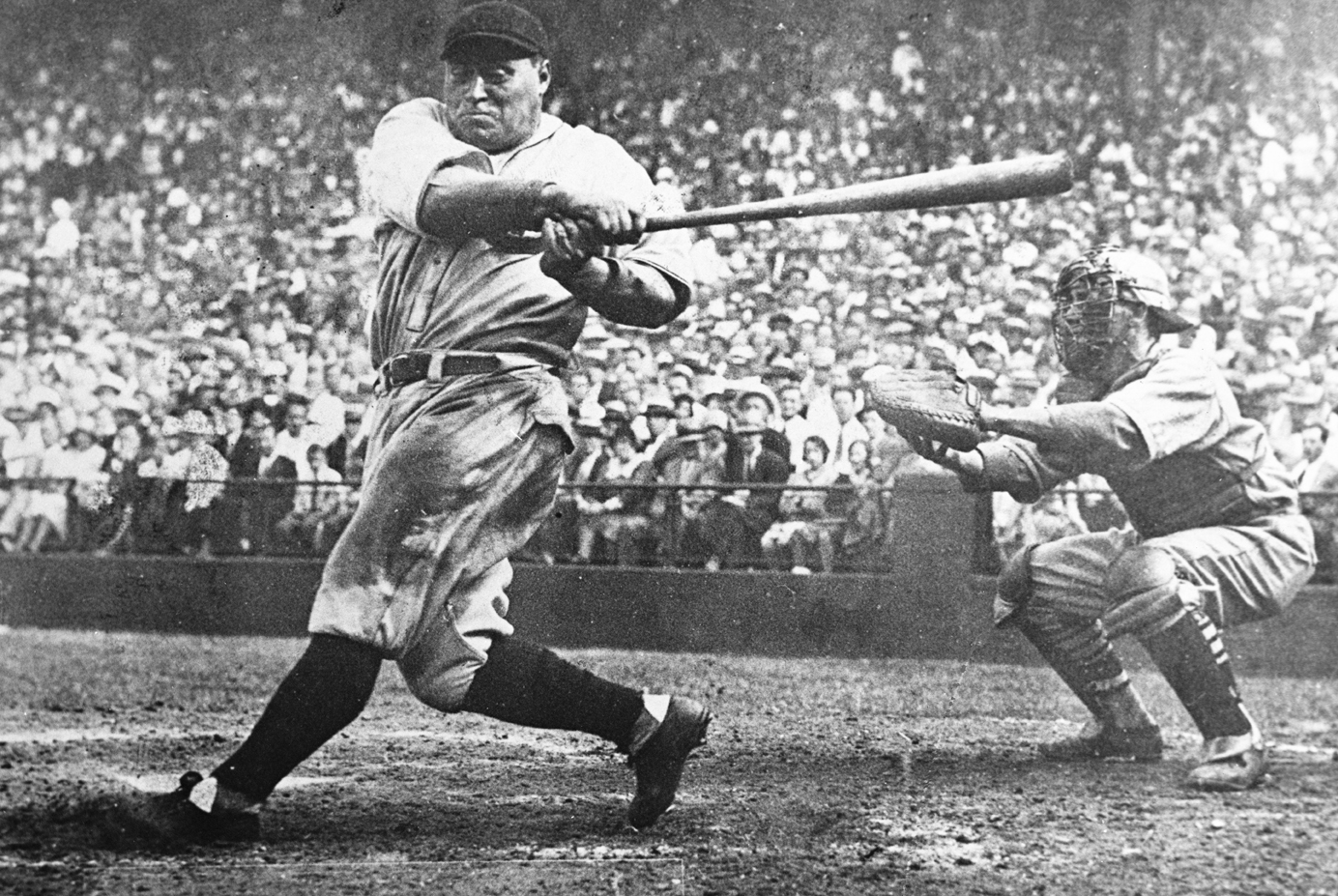
The diminutive Hack Wilson was one of the most accomplished power hitters in the game during the late 1920s and early 1930s. His 1930 season with the Cubs is widely considered one of the most remarkable individual single-season hitting performances in baseball history. Highlights include 56 home runs (which stood as the National League record for 68 years), a .356 batting average, .454 on-base percentage, a league-leading .723 slugging percentage, a Ruthian 177 OPS+, and the record 191 RBIs – a mark which has stood for 74 years and may never be broken. “For a brief span of a few years” wrote a sportswriter of the day, “this hammered down little strongman actually rivaled the mighty Babe Ruth.”
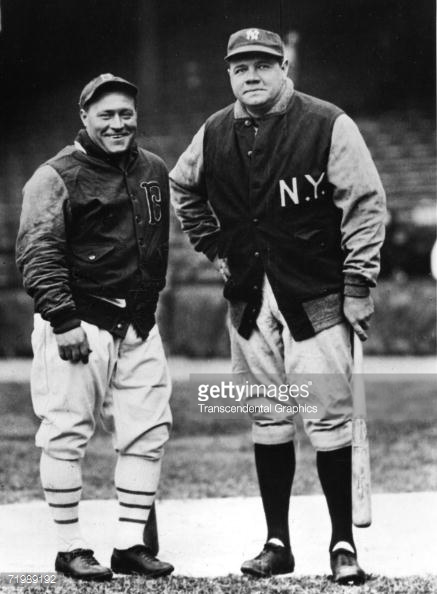
(In the featured photo above, we see a beautiful color restoration of Hack Wilson by our friend Chris Whitehouse. Check out all of Chris’s outstanding color restorations on his They Played in Color Galleries website, and also on his Facebook page and X)
In a 12-year career – undoubtedly cut short by alcohol and a penchant for fighting – Lewis “Hack” Wilson hit for a .307 lifetime batting average with 244 home runs and 1,063 RBI. His 144 career OPS+ places him well above his major league contemporaries. Wilson led the National League in home runs four times and hit over 100 RBI six times. Standing only 5 feet 6 inches tall, Wilson carried a 195-pound frame with an 18-inch neck.
Although Wilson played on four teams, his finest years were with the Cubs from 1926-31. In 1925, a front office oversight by the Giants left Wilson unprotected and had allowed Cubs’ president William Veeck, Sr. to “snatch him away” on waivers from the Giants’ minor league affiliate, the Toledo Mud Hens. The Hens’ manager was Jimmy Burke, who tipped his friend, Cub manager Joe McCarthy, that Wilson was unprotected. And just like that, Hack Wilson fell into the Cubs’ laps. It was a mistake McGraw openly acknowledged as one of the worst in his career. As Giants’ outfielder Ross Youngs described it at the time “They just let go the best outfielder I ever played against…and they’re going to regret it. “
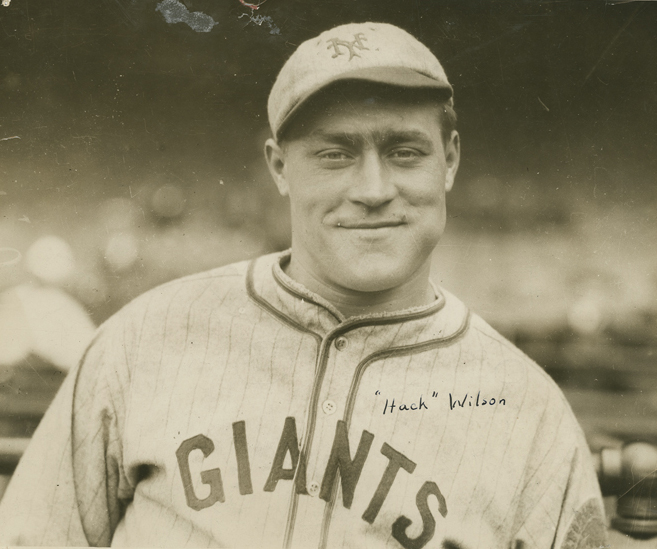
And what a boon he was for the Cubs! Wilson flourished under McCathy, who knew how to get the best out of his great slugger. McCarthy basically left Wilson alone. As long as Hack continued to be productive, McCarthy, a wise student of psychology, had no problem with him and allowed Wilson to just be himself. As a result, Wilson became one of the most popular and productive players in club history. Fans flocked into Wrigley Field in droves to see the barrel-chested slugger hit. By 1929 the Cubs were in the World Series for the first time since 1918.
Hack’s rapid decline can be traced directly to the time when Joe McCarthy left the Cubs after the 1930 season. Wilson never adjusted to his new manager Rogers Hornsby’s abrasive, controlling style. Hornsby, Wilson, said, “did not allow me to swing away as much as Joe McCarthy did.” After repeated confrontations and a protracted slump, he was benched in late May. Suspension and fines followed after a fight with reporters aboard a train, and he was soon traded away to the Brooklyn Dodgers where his power numbers tailed off dramatically. After a short stint with the Phillies in 1934 he was out of the game.
In later years, the hard-drinking Wilson fell on hard times. He was rejected by his wife and when he died in 1948, his body went unclaimed for two days until the National League paid $350 for his burial and a headstone. Thirty-one years after his death, Hack Wilson was elected to the Baseball Hall of Fame.
We’d love to hear what you think about this or any other related baseball history topic…please leave comments below.
Gary Livacari
Information and quotes: Excerpts edited from the Hack Wilson Wikipedia page.
Photo Credits: Featured color restoration of Hack Wilson by Chris Whitehouse. Check out all his beautiful color restorations on his website: They Played in Color Galleries., on his Facebook page, and on X. Other photos from the George Brace Baseball Photo Collection; and Google search.
Statistics from the Hack Wilson Baseball Reference page.
Subscribe to Baseball History Comes Alive to receive email updates. FREE BONUS for subscribing: Gary’s Handy Dandy World Series Reference Guide. The site has over 1500 fully categorized baseball essays and photo galleries, now surpassing the one million hits mark with over 1,234,000 hits: https://wp.me/P7a04E-2he
(Please note: If you were previously a subscriber to the website, you may have to resubscribe due to recent technical issues. Just use the green “Follow Us” icon below to resubscribe).
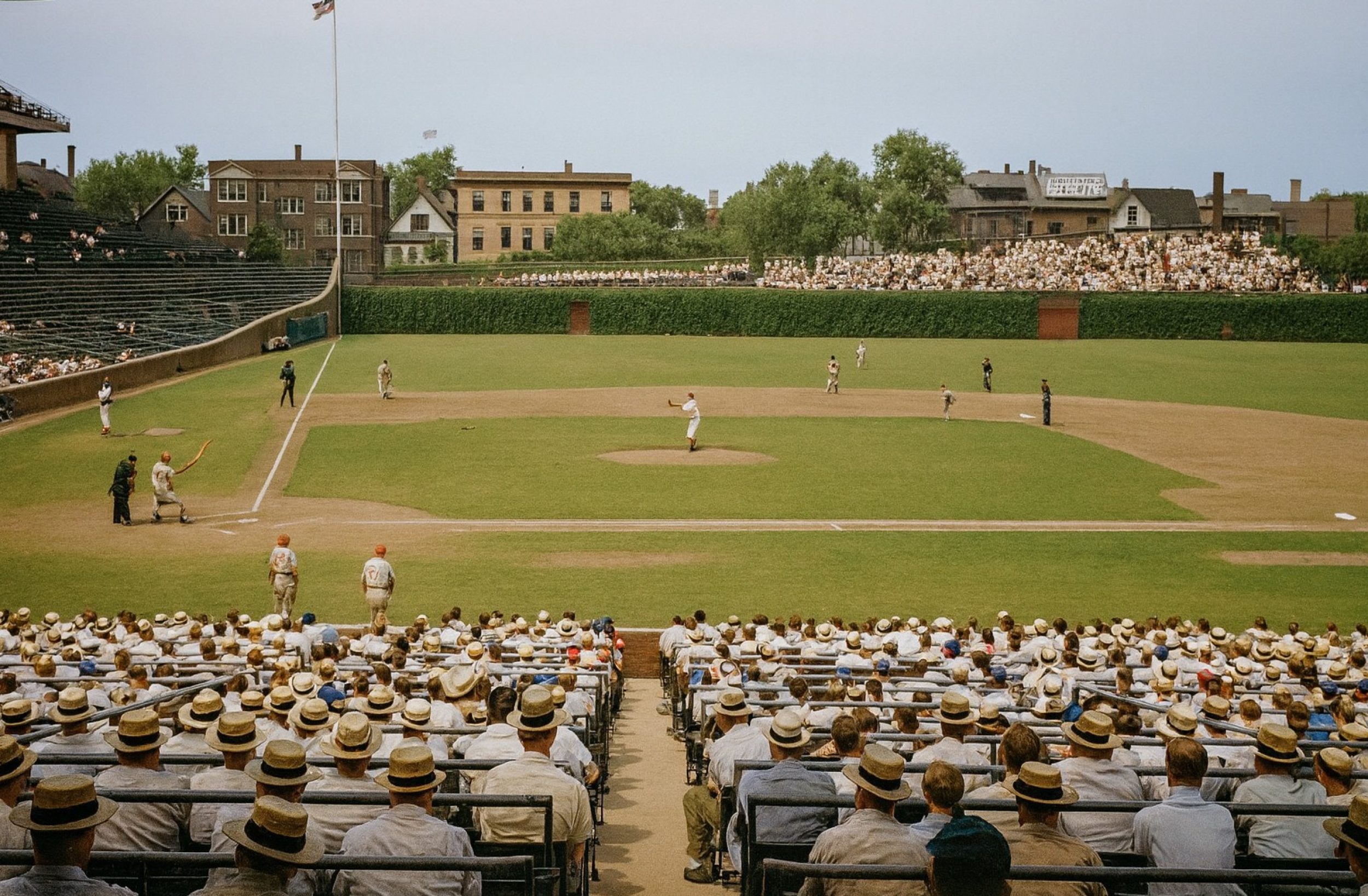
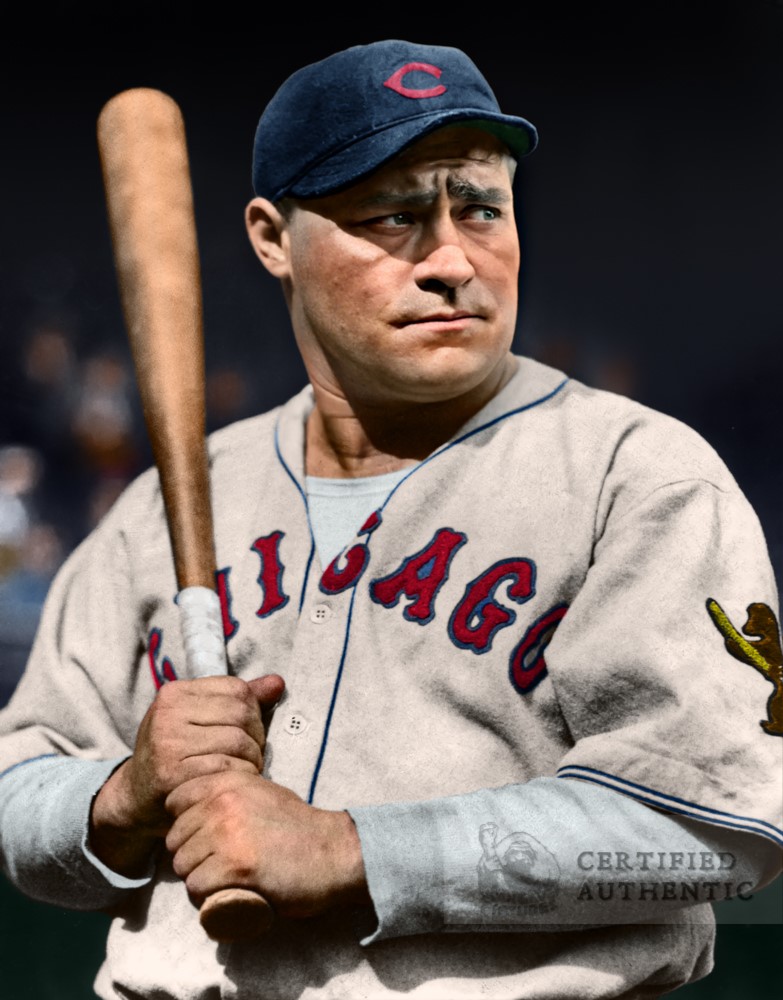
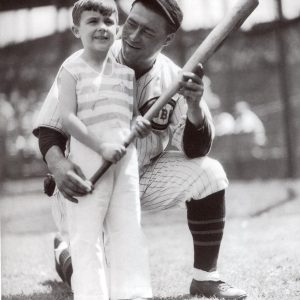
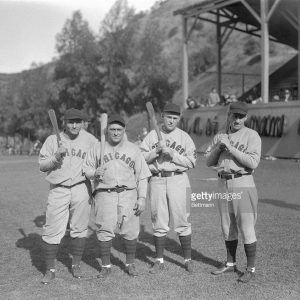
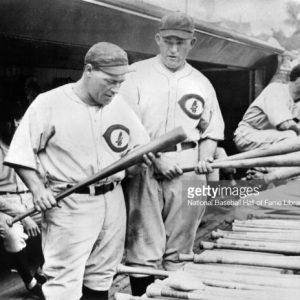
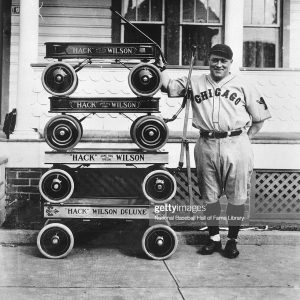
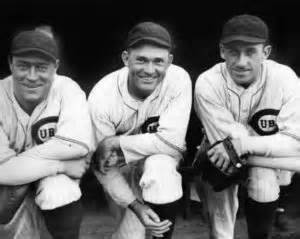
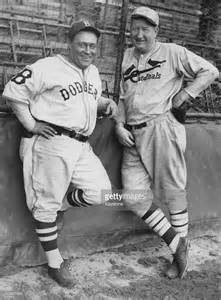
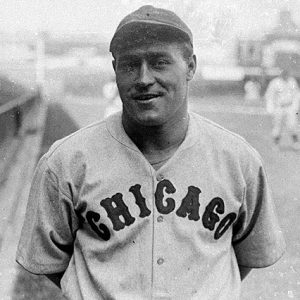
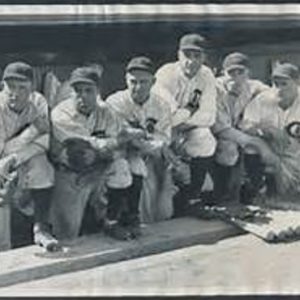
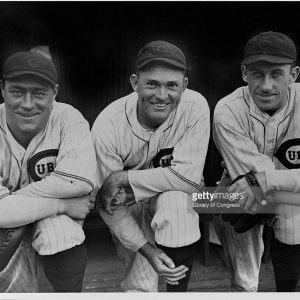
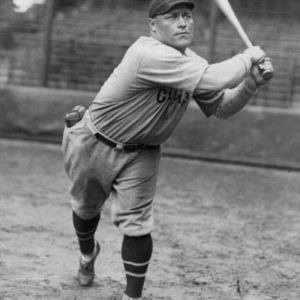
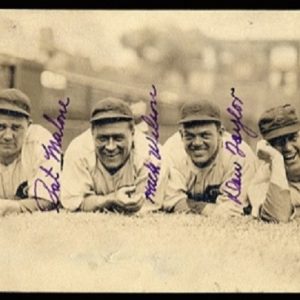
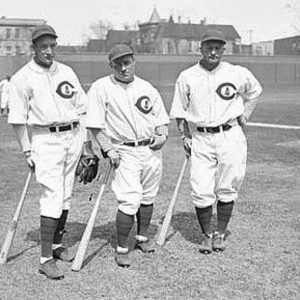
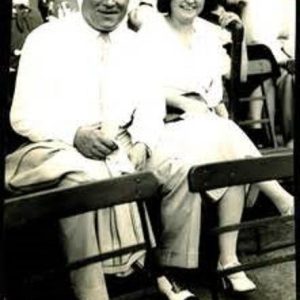
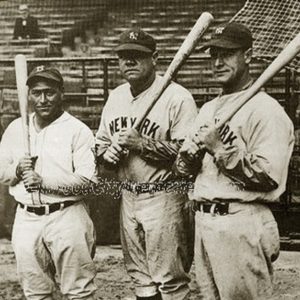
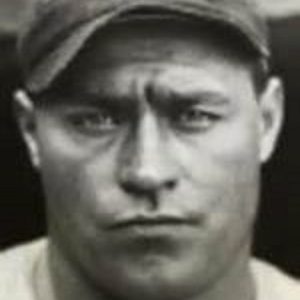
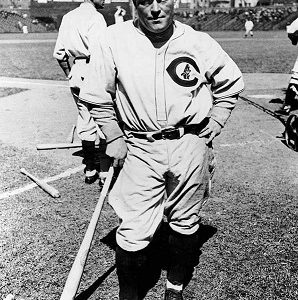
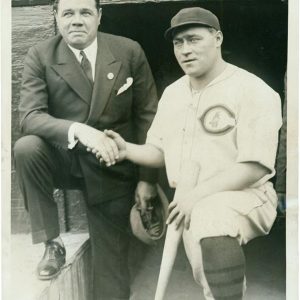
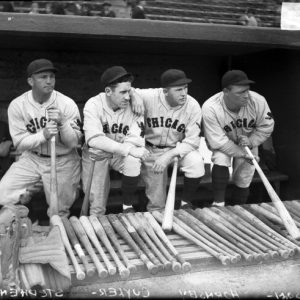
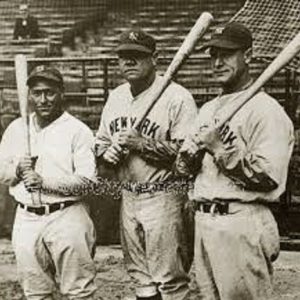
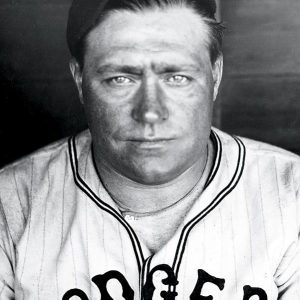
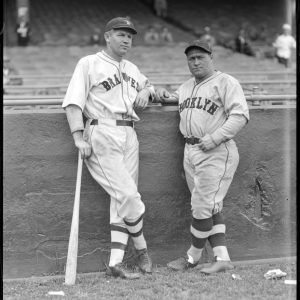
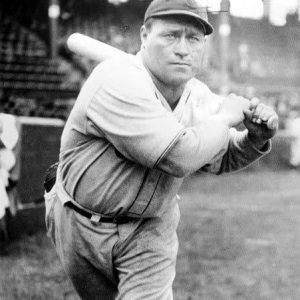
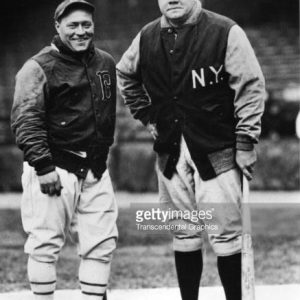
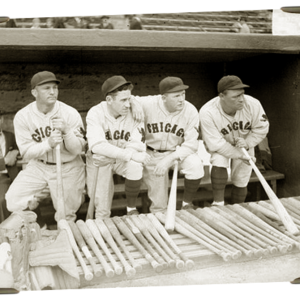
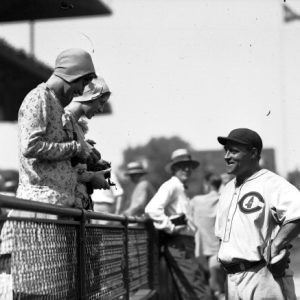
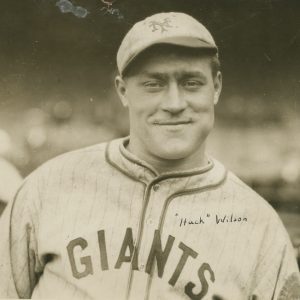
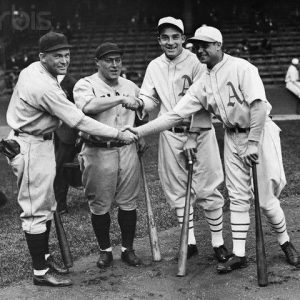
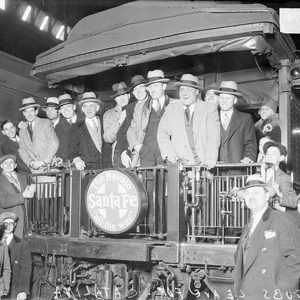
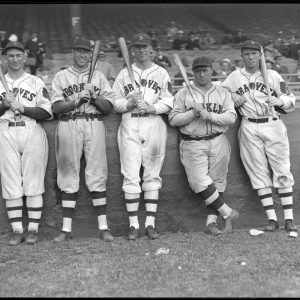
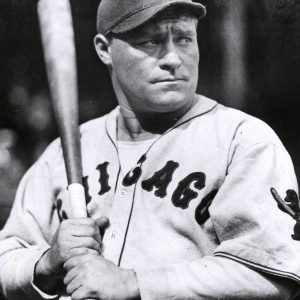
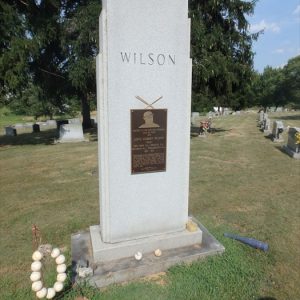
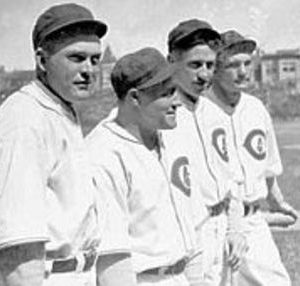

Another interesting essay Gary. I didn’t know that he was that good.
Thanks a lot Joe!
So where did the nickname “Hack” come from for this great, though, brief-careered, star.
One account I remember hearing is that he resembled an older ball player named Hack Miller who was supposedly incredibly strong.They said he could pound nails into boards with his fists!